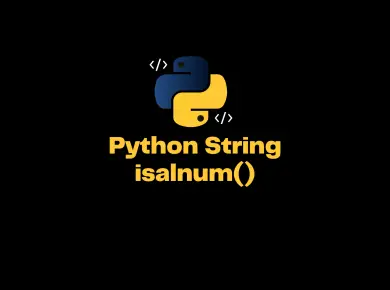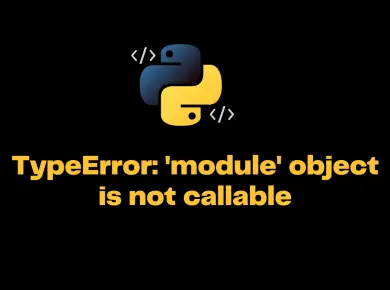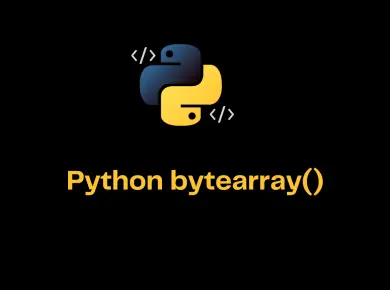Python provides three methods to trim the whitespaces from the string object. Let’s take a look at each of these functions in detail with examples.
Difference between strip() vs rstrip() vs lstrip()
The following methods are used to trim the whitespaces from the string.
- strip(): The
strip()function removes any leading and trailing whitespace, including tabs (\t), and returns a new string. - rstrip(): The
rstrip()function removes any trailing whitespace returns a new string that means it eliminates the whitespace at the right side of the string. - lstrip(): The
lstrip()function removes any leading whitespace returns a new string that means it eliminates the whitespace at the left side of the string.
strip()
The strip() function removes any leading and trailing whitespace, including tabs (\t), and returns a new string.
Syntax: string.strip([chars])
Parameter:
- chars (optional) – a string of characters that need to be removed from the left and right parts of the string.
Return Value: Returns a copy of the string with both leading and trailing characters stripped
Note: If char arguments are not provided, all the whitespaces on the leading and trailing side are removed from the string.
Example of strip() function
# Leading and trailing whitespaces are removed
text1 = ' Python Programming '
print(text1.strip())
# Remove the whitespace and specified character on
# both leading and trailing end
text3 = ' code its my code '
print(text3.strip(' code'))
# Remove the specified character at
# both leading and trailing end
text2 = 'code its my code'
print(text2.strip('code'))Output
Python Programming
its my
its myrstrip()
The rstrip() function removes any trailing whitespace and returns a new string that means it eliminates the whitespace at the right side of the string.
Syntax: string.rstrip([chars])
Parameter:
- chars (optional) – a string of characters that need to be removed on the trailing end. (right part of the string)
Return Value: Returns a copy of the string with trailing characters stripped.
Note: If char arguments are not provided, all the whitespaces on the trailing side are removed from the string.
Example of rstrip() function
# Only trailing whitespaces are removed
text1 = ' Python Programming '
print(text1.rstrip())
# Remove the whitespace and specified character at
# trailing end
text2 = ' code its my code '
print(text2.rstrip(' code'))
# Remove the specified character at
# trailing end
text3 = 'code its my code'
print(text3.rstrip('code'))Output
Python Programming
code its my
code its mylstrip()
The lstrip() function removes any leading whitespace and returns a new string that means it eliminates the whitespace at the left side of the string
Syntax: string.lstrip([chars])
Parameter:
- chars (optional) – a string of characters that need to be removed on the leading end. (left part of the string)
Return Value: Returns a copy of the string with leading characters stripped.
Note: If char arguments are not provided, all the whitespaces on the leading side are removed from the string.
Example of lstrip() function
# Only leading whitespaces are removed
text1 = ' Python Programming '
print(text1.lstrip())
# Remove the whitespace and specified character at
# leading end
text2 = ' code its my code '
print(text2.lstrip(' code'))
# Remove the specified character at
# leading end
text3 = 'code its my code'
print(text3.lstrip('code'))Output
Python Programming
its my code
its my code

![[Solved] Typeerror: Cannot Unpack Non-Iterable Nonetype Object 3 Typeerror: Cannot Unpack Non-Iterable Nonetype Object](https://itsmycode.com/wp-content/uploads/2022/05/TypeError-cannot-unpack-non-iterable-NoneType-object-390x290.png)


![[Solved] Attributeerror: 'Tuple' Object Has No Attribute 'Get' 6 Attributeerror: 'Tuple' Object Has No Attribute 'Get'](https://itsmycode.com/wp-content/uploads/2022/06/AttributeError-tuple-object-has-no-attribute-get-390x290.png)
